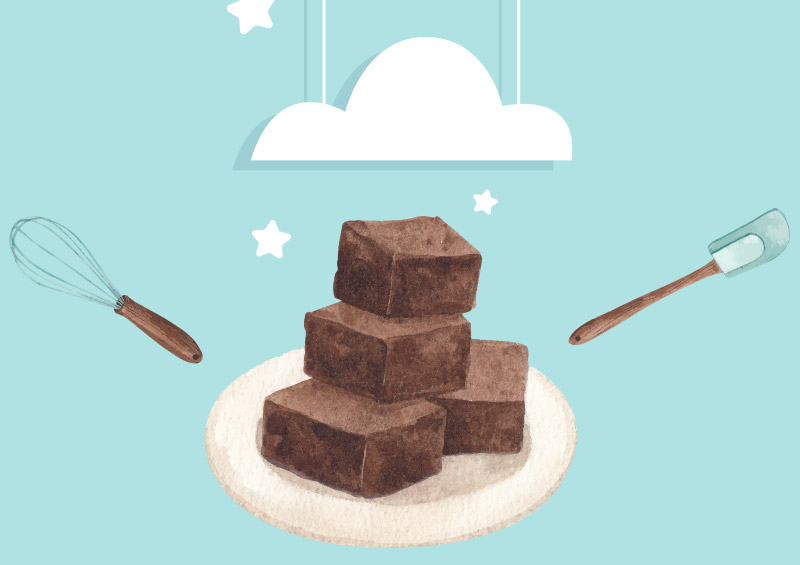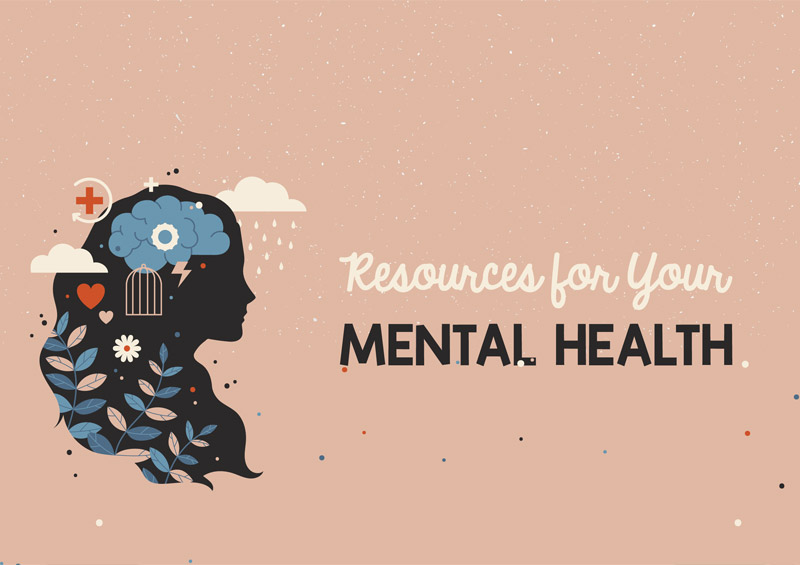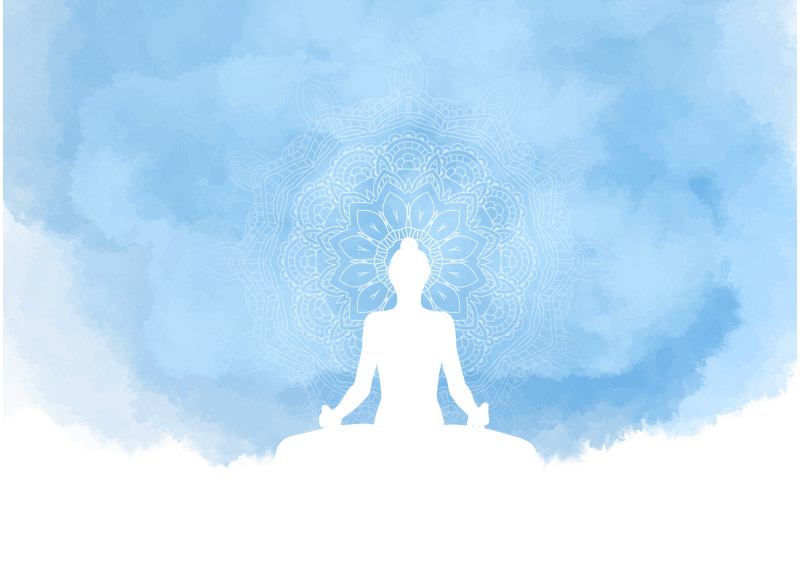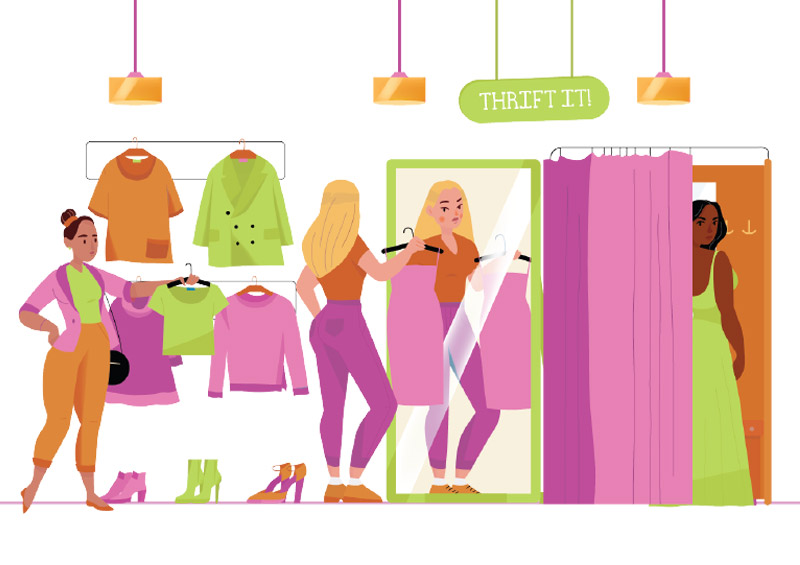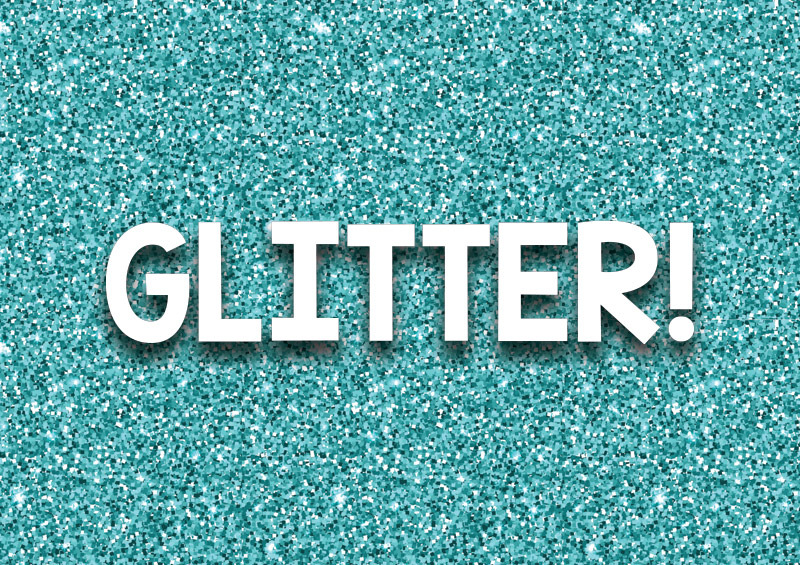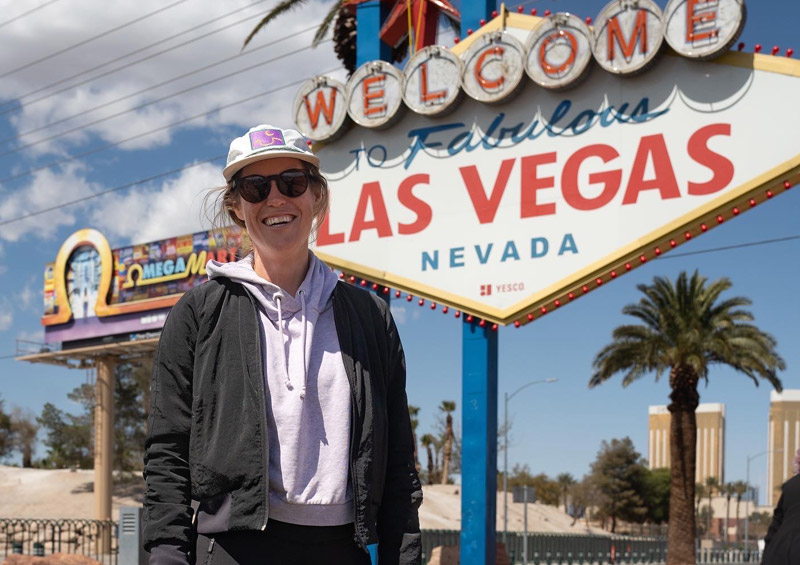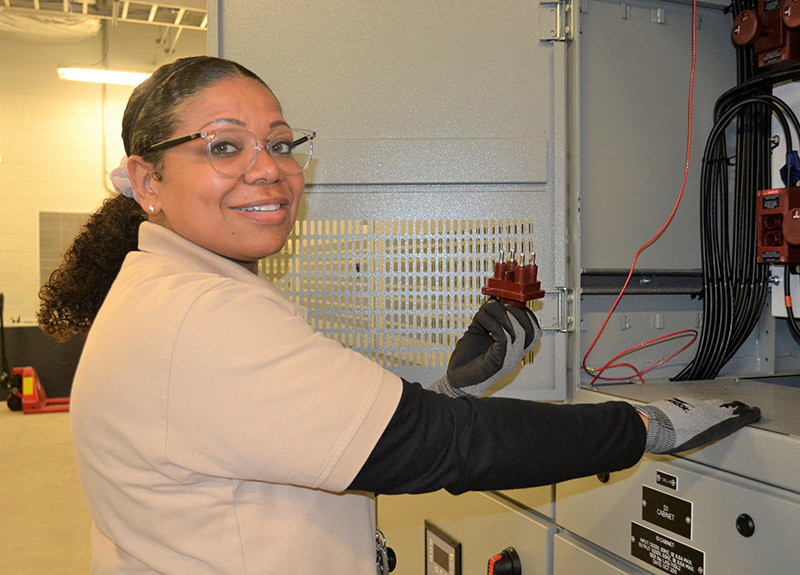I’ve been thinking a lot about the way that nothing feels new anymore. I go to the movie theater at least once a month and I’ve watched film after film with nothing really new to say. Mainstream culture has all but edged out the edgy.
A shining example of this phenomenon is superhero movies. We all know the eternal battle faced by every one of our supernatural friends on screen. Good versus evil. Bad versus good. Evil supervillain trying to take over the world is stopped (and maybe killed, depending on the age rating) in a neat 120-minute run time, all the while Tom Holland’s gorgeous face spits out predictable one-liners (“He’s right behind me, isn’t he?”). Even the new Batman movie, the supposedly most arcane of the million-dollar action franchise, still follows the same basic outline, only that the good-natured, loveable hero of Marvel is swapped with a brooding Robert Pattinson with poorly applied eyeliner.
This isn’t just me dissing Marvel movies. It’s been done before, and unlike certain middle-aged, white, male stand-up comics, I don’t live off low-hanging fruit. This is about pointing out a very specific pop culture occurrence that’s indicative of a larger shift away from difficult media that features moral failings and realistic human circumstance and towards easy, consumable films with cut-and-dried conflicts. Boy-meets-girl rom-coms with predictable third act redemption arcs have become a staple of every mediocre streaming service. And why wouldn’t we, as an audience, seek this type of media out? After all, aren’t we sort of living in a hellish landscape to begin with? Roe v. Wade has just been overturned, gun control is a dream slipping farther and farther away from our opportunistic hands, and, of course, the planet is on fire. Media as a tool for escapism is a way for us to deal with the increasingly frightening world we live in. And while the Marvel Cinematic Universe is an era-appropriate example of this concept, it certainly isn’t the foremost.
Sitcoms haven’t gone out of style in the decades they’ve been around for the same reason. Sure, the formatting and material have changed, but the essence of most of these shows has stayed the same. I’m sure we all knew that 20-something Rachel Green (Jennifer Aniston) living in New York City with all her attractive friends for 10 years wasn’t exactly intelligent content (or plausible… seriously, how did they afford that apartment?), but it was safe. It was easy. I’m sure it at least made it easier to ignore the hedonistic, cocaine-addled, “nothing tastes as good as skinny feels” Kate Moss climate of the 90s.
This isn’t to say that the art of the gray area is completely dead in its grave. One movie that came out recently and that I consider perfect is Everything Everywhere All at Once. While the film is genre-bending to say the least, it artfully displays themes of nihilism, failure, family, guilt, and destiny, all the while being laugh-out-loud funny. It’s deliciously thrilling, visually stunning, and unequivocally weird. It’s one of those movies I’m sure will go down in history as a feat of cinema, and it serves as a refreshing break from the monotony of movies about good-looking people doing good-looking things.
It its core, there’s nothing really wrong with watching movies and television solely for fluff. If that’s what you want from the media you consume, by all means, go ahead. Who am I to say it’s anti-intellectual to want to be happy? What I will say is this: Real life is not like the movies. Real problems don’t have 90-minute solutions. Real people aren’t just good, and they aren’t just bad.
Black and white media (metaphorically black and white, that is), while effective in providing temporary solace from our problems, also presents an unrealistic expectation of what the human experience should be. Combined with manufactured societal rules given to us from social media, it can have a borderline authoritarian effect on young people. It’s making us think there’s something wrong with us if we don’t fall into the category perceived as “good.”
It seems almost counterintuitive, but for some people, easy fluff makes their own lives seem grim in comparison. Sure, there’s something comforting about universal truths, battles between justice and corruption, evil and good, but the truth is that most people fall somewhere in the middle.
Nobody is perfect, and by leaning into media that accurately portrays the way people live their lives, we can feel less alone in our own unavoidable moral failings, in our constant battle to do right—a battle we will sometimes lose.





